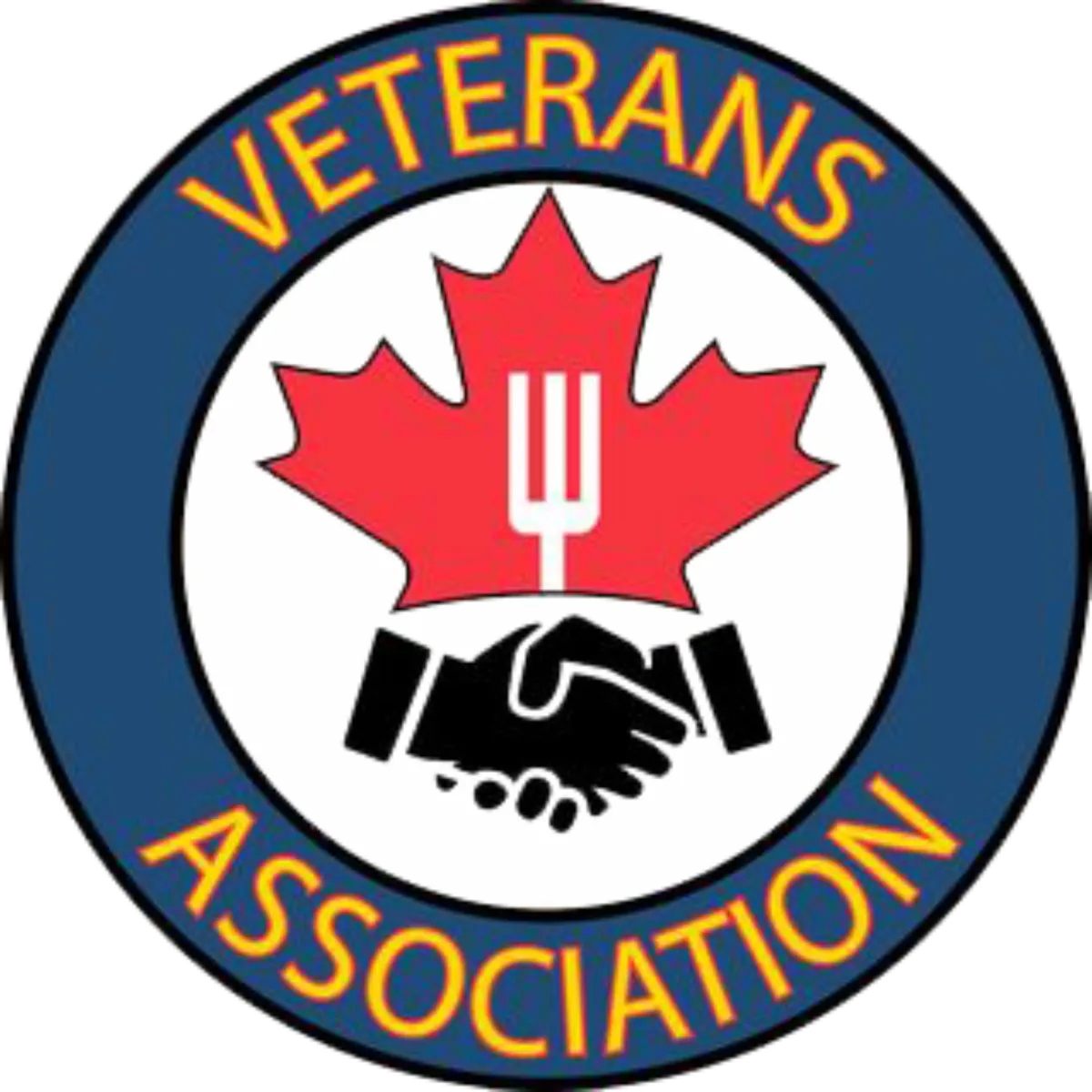Blog
Bookkeeping
Coaching

Salary VS Dividends
Salary VS Dividends
Which is Better for You as a Business Owner?

As a business owner, deciding how to pay yourself is a critical financial strategy that impacts both your personal and corporate finances. Two common options - salary vs dividends - each have unique advantages and considerations. Choosing the best approach depends on you personal needs, financial goals and the state of your business.
Let's break it down so you can make an informed decision.
What is a Salary?
A salary is a fixed paycheck that makes you an employee of your corporation. It's classified as earned income, subject to income tax and CPP (Canada Pension Plan) contributions. While this means deductions from your paycheck, it also generates RRSP room, enabling you to contribute toward your retirement.
For your business, salaries are tax-deductible expenses, reducing corporate tax liability.
What are Dividends?
Dividends are payments made from your corporation's profits to you - the shareholder. These can be issues periodically or at year-end. Unlike salaries, dividends are not subject to CPP contributions, which means more immediate cash flow for you.
However, dividends are not tax -deductible for your corporation.
Factors to Consider
Cash Flow Needs
Salary: Offers a consistent income stream, making personal budgeting and obtaining loans, line of credit, or mortgages easier. Banks typically prefer steady income over dividend income.
Dividends: Provide flexibility and immediate cash flow. However they can be irregular and depend on the corporation's profitability.
Retirement Planning
Salary: Contributions to CPP and RRSP room creation (18% of your salary annually) helps secure long-term retirement savings.
Dividends: Skipping CPP contributions gives more cash now, but it's essential to have an alternative retirement savings plan in place.
Corporate Finances
Salary: Allowed regardless of the corporation's profitability, as it is treated as an expense for the business.
Dividends: Can only be paid from after-tax profits. If the corporation lacks retained earnings, issuing dividends is unlawful and must be repaid.
Tax Efficiency
Salary: Offers tax deductions for the corporation and helps with personal tax preparation by prepaying income tax. It also qualifies for deductions like childcare expenses.
Dividends: Taxed at a lower rate than salary since corporate tax has already been paid. They're simpler to manage because they do not require payroll remittances or T4 filing.
Conclusion: What's the Best Option For You?
The decision between salary and dividends depends on your personal financial goals, corporate structure, and long-term plans. Often, a combination of both can provide the best balance, optimizing cash flow, retirement savings and tax efficiency.
Before making your decision, consult with a financial advisor or tax professional to ensure your approach aligns with your unique circumstances. By understanding the pros and cons of salary vs dividends, you can set yourself up for financial success - both personally and professionally.
Contact us today for a FREE consultation to explore strategies to take control of your financial future.

Salary VS Dividends
Salary VS Dividends
Which is Better for You as a Business Owner?

As a business owner, deciding how to pay yourself is a critical financial strategy that impacts both your personal and corporate finances. Two common options - salary vs dividends - each have unique advantages and considerations. Choosing the best approach depends on you personal needs, financial goals and the state of your business.
Let's break it down so you can make an informed decision.
What is a Salary?
A salary is a fixed paycheck that makes you an employee of your corporation. It's classified as earned income, subject to income tax and CPP (Canada Pension Plan) contributions. While this means deductions from your paycheck, it also generates RRSP room, enabling you to contribute toward your retirement.
For your business, salaries are tax-deductible expenses, reducing corporate tax liability.
What are Dividends?
Dividends are payments made from your corporation's profits to you - the shareholder. These can be issues periodically or at year-end. Unlike salaries, dividends are not subject to CPP contributions, which means more immediate cash flow for you.
However, dividends are not tax -deductible for your corporation.
Factors to Consider
Cash Flow Needs
Salary: Offers a consistent income stream, making personal budgeting and obtaining loans, line of credit, or mortgages easier. Banks typically prefer steady income over dividend income.
Dividends: Provide flexibility and immediate cash flow. However they can be irregular and depend on the corporation's profitability.
Retirement Planning
Salary: Contributions to CPP and RRSP room creation (18% of your salary annually) helps secure long-term retirement savings.
Dividends: Skipping CPP contributions gives more cash now, but it's essential to have an alternative retirement savings plan in place.
Corporate Finances
Salary: Allowed regardless of the corporation's profitability, as it is treated as an expense for the business.
Dividends: Can only be paid from after-tax profits. If the corporation lacks retained earnings, issuing dividends is unlawful and must be repaid.
Tax Efficiency
Salary: Offers tax deductions for the corporation and helps with personal tax preparation by prepaying income tax. It also qualifies for deductions like childcare expenses.
Dividends: Taxed at a lower rate than salary since corporate tax has already been paid. They're simpler to manage because they do not require payroll remittances or T4 filing.
Conclusion: What's the Best Option For You?
The decision between salary and dividends depends on your personal financial goals, corporate structure, and long-term plans. Often, a combination of both can provide the best balance, optimizing cash flow, retirement savings and tax efficiency.
Before making your decision, consult with a financial advisor or tax professional to ensure your approach aligns with your unique circumstances. By understanding the pros and cons of salary vs dividends, you can set yourself up for financial success - both personally and professionally.
Contact us today for a FREE consultation to explore strategies to take control of your financial future.
EXPAND • DISRUPT • EVOLVE
We are extremely passionate about serving businesses throughout their growth journey.
We understand how daunting it is for entrepreneurs to do it all, but the good news is, it doesn’t have to be this way.

Address & Hours
Suite 201,
8801 Resources Rd.
Grande Prairie, Alberta T8V 3A6
Mon. - Thurs., 9am - 4pm
Fri., 9am - 3pm
Sat - Sun, CLOSED
780-538-4699

© 2025 Advantage Bookkeeping & Business Consulting
We Support




